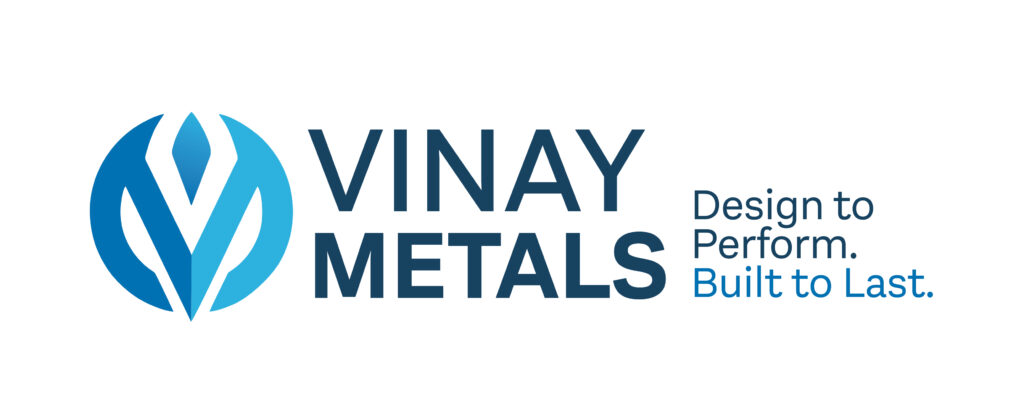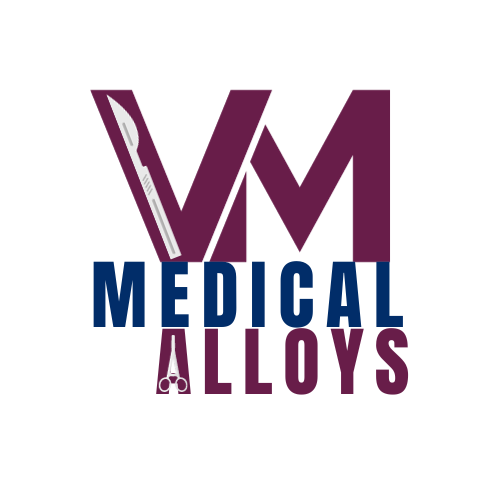The Advancements and Applications of Medical Alloys in Modern Medicine
Medical alloys have revolutionized modern medicine in numerous ways, enabling healthcare professionals to provide better treatment to their patients. These alloys are created by combining two or more metallic elements, resulting in a material with unique properties such as strength, durability, and corrosion resistance. In this blog, we will explore the advancements and applications of medical alloys in modern medicine.
Advancements in Medical Alloys
One of the significant advancements in medical alloys is the development of shape memory alloys (SMAs). These alloys can “remember” their original shape and can return to it after being deformed. This property is especially useful in orthopedic applications where implants can change shape when subjected to the body’s temperature. SMAs can also be used in stents that are placed in narrow or blocked blood vessels, allowing them to expand and contract as needed.
Another advancement in medical alloys is the use of nanostructured metals. These materials have a high surface area to volume ratio, which means they have unique properties such as increased strength and better biocompatibility. Nanostructured metals have shown promising results in orthopedic implants and dental fillings, where they can improve the lifespan and effectiveness of the implant.
Applications of Medical Alloys
Orthopedics
One of the most significant applications of medical alloys is in orthopedic implants. Orthopedic implants are used to replace or repair damaged bones or joints. Medical alloys used in orthopedic implants include stainless steel, titanium, and cobalt-chromium alloys. These materials are strong, corrosion-resistant, and biocompatible, making them ideal for use in the human body.
Dentistry
Medical alloys are also used in dentistry. Dental amalgams are made up of a mixture of silver, tin, copper, and mercury. This mixture hardens to form a durable filling that can withstand the pressure of biting and chewing. Titanium alloys are also used in dental implants, providing a long-lasting replacement for missing teeth.
Cardiology
Medical alloys are also used in cardiology. Stents made of medical alloys are placed in narrow or blocked blood vessels to help keep them open. These stents can be made of shape memory alloys that expand and contract as needed or cobalt-chromium alloys that are durable and resistant to corrosion.
Conclusion
In conclusion, medical alloys have become an essential component of modern medicine, providing improved treatment options for patients. With advancements in materials science, we can expect to see even more innovative applications of medical alloys in the future. Whether in orthopedics, dentistry, or cardiology, medical alloys are a vital tool for healthcare professionals and their patients.







